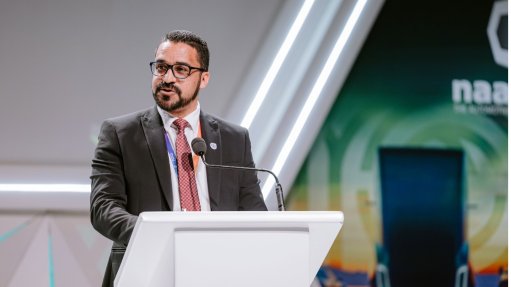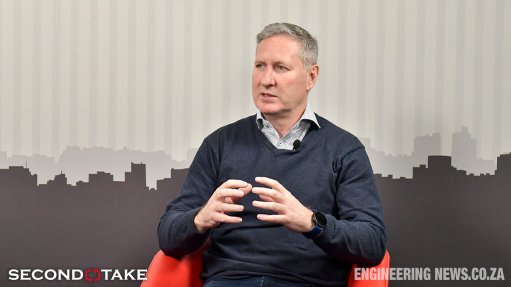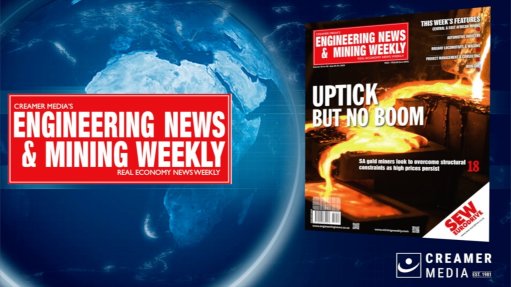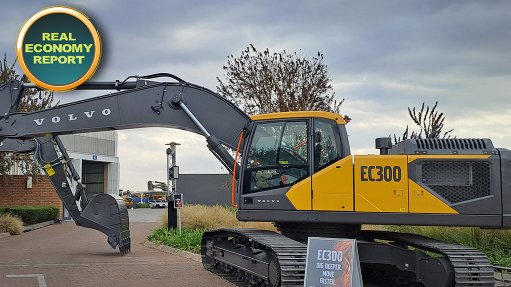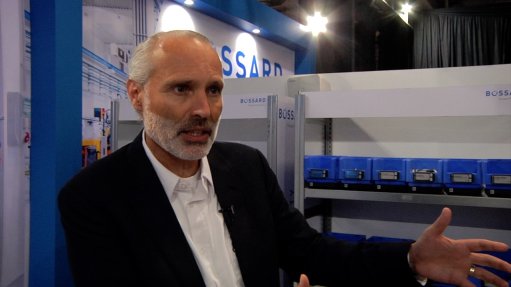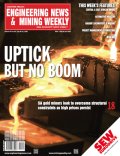How To Start A Career In Engineering
Engineers leverage technology, design, science, and logic to develop creative innovations that offer practical solutions to everyday problems. They build infrastructure that supports movement, machines that help complete daily tasks and systems that enhance life in general. For this reason, most people pursue a career in engineering.
Starting a career in engineering will help you become a problem solver and one of the top minds in the world today. Typically, there are more than 40 engineering career paths that you can follow including environmental, information technology, sound, civil, mechanical, electrical, biochemical, and aerospace engineering. Here is what you need to know to start a career in engineering.
Major Types of Engineering
There are 5 major types of engineering to consider. These are:
- Chemical engineering - chemical engineers provide solutions to problems associated with the manufacturing, use, and disposal of chemicals and their bi-products.
- Civil engineering - civil engineers design, build and maintain crucial infrastructure such as roads, bridges, houses, and airports among others. They account for cost, environment, government regulations, and time when undertaking projects.
- Electrical engineering - electrical engineers gain skills that allow them to generate and distribute electricity and create devices and power systems to be used in the generation, distribution, and use of electricity.
- Industrial engineering - industrial engineers come up with job evaluation systems that minimize wastage during production processes.
- Mechanical engineering - mechanical engineers design, build and conduct tests on machines.
Education Qualification
There are different levels of education qualification. One caters to the needs of students who do not have direct university qualifications and the second one is for those who qualify for university.
National Technical Diploma and Government Competency Certificate
Students who don’t qualify for direct entry to university can start their engineering career by getting the National Technical Diploma. This is a 4-year course aimed at shaping students into artisans within the engineering field or setting them on the lucrative engineering career path. The first two years focus on teaching the N4 - N6 subjects. The final two years are practical classes in a typical work environment.
You need to complete 12 subjects to get the National Technical Diploma. However, students who’ve set their eyes on the Government Competency Certificate have to complete 24 subjects to qualify. This means students pursuing the National Technical Diploma in mining management and plant engineering will have to add an extra 12 subjects of Government Competency Certificate to qualify for the respective programs. An exam is administered and students who pass are given certificates.
Bachelor of Engineering
High school students that would like to pursue a career in engineering should focus more on physical sciences, mathematics, and languages (Africaans or English). Excelling in these subjects at the high school level will give you direct entry to university where you can pursue any of the major engineering courses. These programs take about 3-4 years to complete. At the end of your degree course, you are awarded an engineering certificate. There are a lot of engineering bursaries available specifically aimed at students interested in degrees to work in the industry.
Professional Certification
Once you have your academic qualifications, you need to practice for at least 3 years before receiving professional engineering accreditation in South Africa from the Engineering Council of South Africa (ECSA). ECSA evaluates engineers against a list of outcomes designed to reward competence and encourage good practice. One common measure is ECSA’s code of conduct document. This document explains the responsibilities of all ECSA registered members. It encourages ethical conduct which encompasses conducting oneself with high levels of integrity and regarding environmental and public health while executing your mandate.
Getting ECSA certification has a lot of benefits to you. For instance, as a registered engineer, you can direct drawings and sign off structural plans/drawings. It also improves your credibility and marketability in the engineering field.
Even though you need a minimum of 3 years of experience to register with ECSA, you can apply for registration when you feel you are ready and confident in your craft. Here are some of the factors that influence the time of registration:
- Responsibility during the experience and training period
- The quality of experience and the type of problems you had to solve
- The support and mentorship gained in the course of your experience and training period
Before applying for ECSA registration, you need to review their requirements. These requirements include:
Right engineering qualification in your field of practice
At least 3 years of the acceptable experience
- Show problem-solving capabilities and ability to manage engineering projects
- Proof of professional/career development
- Provide engineering reports detailing how you meet requirements
- Experience and training reports showing experience in a chronological order
- Engineers are problem solvers. They use science, logic, and technology to solve problems in society. To start a career in engineering, you must have the right training, and get the right experience and certifications.
Comments
Press Office
Announcements
What's On
Subscribe to improve your user experience...
Option 1 (equivalent of R125 a month):
Receive a weekly copy of Creamer Media's Engineering News & Mining Weekly magazine
(print copy for those in South Africa and e-magazine for those outside of South Africa)
Receive daily email newsletters
Access to full search results
Access archive of magazine back copies
Access to Projects in Progress
Access to ONE Research Report of your choice in PDF format
Option 2 (equivalent of R375 a month):
All benefits from Option 1
PLUS
Access to Creamer Media's Research Channel Africa for ALL Research Reports, in PDF format, on various industrial and mining sectors
including Electricity; Water; Energy Transition; Hydrogen; Roads, Rail and Ports; Coal; Gold; Platinum; Battery Metals; etc.
Already a subscriber?
Forgotten your password?
Receive weekly copy of Creamer Media's Engineering News & Mining Weekly magazine (print copy for those in South Africa and e-magazine for those outside of South Africa)
➕
Recieve daily email newsletters
➕
Access to full search results
➕
Access archive of magazine back copies
➕
Access to Projects in Progress
➕
Access to ONE Research Report of your choice in PDF format
RESEARCH CHANNEL AFRICA
R4500 (equivalent of R375 a month)
SUBSCRIBEAll benefits from Option 1
➕
Access to Creamer Media's Research Channel Africa for ALL Research Reports on various industrial and mining sectors, in PDF format, including on:
Electricity
➕
Water
➕
Energy Transition
➕
Hydrogen
➕
Roads, Rail and Ports
➕
Coal
➕
Gold
➕
Platinum
➕
Battery Metals
➕
etc.
Receive all benefits from Option 1 or Option 2 delivered to numerous people at your company
➕
Multiple User names and Passwords for simultaneous log-ins
➕
Intranet integration access to all in your organisation













